Discover 5 shocking truths about the US military in Bangladesh, secret bases, China’s influence, and India’s dilemma, reshaping South Asian geopolitics. Here’s a full analysis.
Introduction: Is the US Military in Bangladesh and Why Does It Matter?
The sudden arrival of the US military in Bangladesh has stunned South Asia, raising questions about secret bases, China’s growing influence, and India’s strategic dilemma. Recent landings at Chittagong and Cox’s Bazar have amplified speculation about Washington’s long-term intentions in the Bay of Bengal. For Bangladesh, the move could reshape its defence partnerships, while for the wider region, it signals a new chapter in the Indo-Pacific power struggle.
Also Read: South Asia Coverage
While Dhaka has not confirmed any permanent US bases, growing US-Bangladesh defence ties reflect Washington’s Indo-Pacific strategy and its attempt to counter China’s influence in South Asia.
What Is the Historical Context of the US Military in Bangladesh?
Bangladesh has historically avoided deep military alignment with great powers, maintaining strategic autonomy. However, since 2012, Dhaka and Washington have signed several defence cooperation agreements, including logistics, training, and security dialogues.
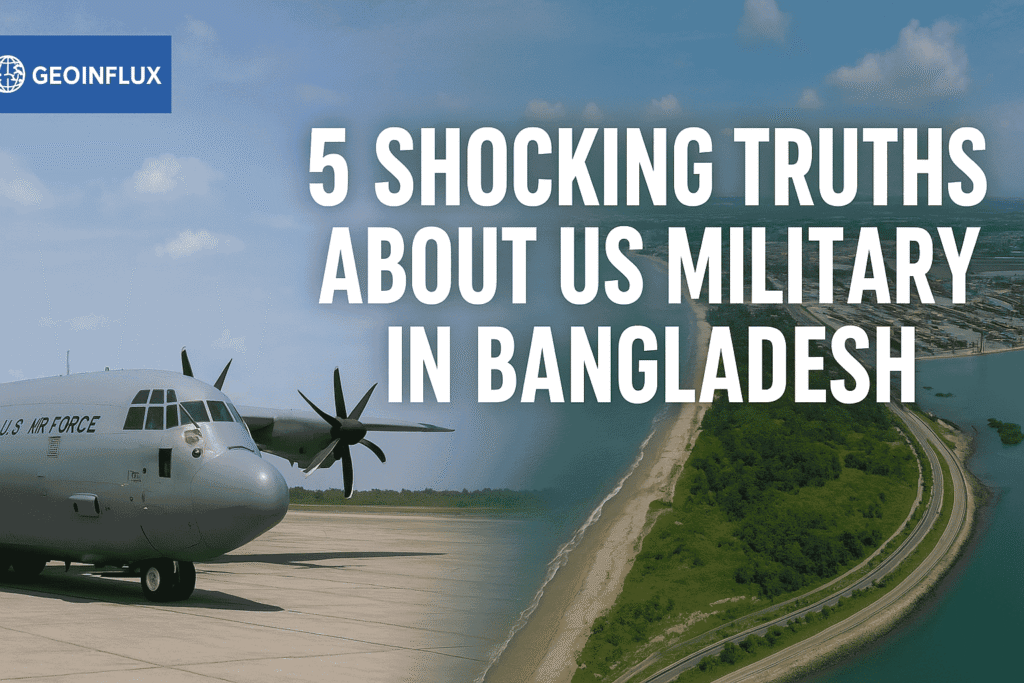
The US is Bangladesh’s largest export market, particularly for garments and textiles, which complicates Dhaka’s ability to outright reject US overtures. Unlike India’s defence ties with Russia or Pakistan’s military partnership with China, Bangladesh has carefully balanced relationships while strengthening its navy and air force through external cooperation.
Are There US Military Bases in Bangladesh?
Currently, there are no permanent US military bases in Bangladesh. However, rumours have persisted about US interest in St. Martin’s Island in the Bay of Bengal, a strategically critical location near the Malacca Strait shipping lanes.
Dhaka has denied these claims, stressing that Bangladesh will not host foreign bases. Instead, the focus has been on logistical agreements, joint exercises, and maritime security cooperation under the US Indo-Pacific strategy. This reflects Washington’s effort to secure access points without formal bases.
How Does the US Military in Bangladesh Affect India?
India views the possibility of a US military presence in Bangladesh with cautious interest. On one hand, stronger US–Bangladesh ties could help contain China’s influence in the Bay of Bengal. On the other hand, New Delhi worries about being sidelined in its own neighbourhood.
India–Bangladesh relations, built on shared borders, trade, and water treaties, could face pressure if Dhaka tilts too close to Washington. Moreover, India must balance its strategic partnership with the US while ensuring that Bangladesh does not become another node of great-power rivalry.
What Role Does China Play in Bangladesh’s Military Strategy?
China is Bangladesh’s largest arms supplier, providing submarines, frigates, and aircraft. Any deepening of US-Bangladesh military cooperation directly challenges Beijing’s position. Dhaka has relied on Chinese equipment for cost-effective modernisation, but US-backed training and intelligence-sharing programs could gradually reduce Chinese dominance.
The China–Bangladesh partnership, especially in infrastructure projects under the Belt and Road Initiative, complicates Dhaka’s choices as it balances economic dependence on Beijing with strategic dialogue with Washington.
Is the US Military in Bangladesh Part of the Indo-Pacific Strategy?
Yes. The US Indo-Pacific strategy aims to build a network of allies and partners to counter China’s rise. Bangladesh, located at the crossroads of South and Southeast Asia, is geopolitically valuable. The US seeks cooperation in maritime domain awareness, disaster relief, and counterterrorism, while encouraging Dhaka to align with broader Indo-Pacific security initiatives. However, Bangladesh maintains that it will not join military blocs, emphasising sovereignty and neutrality.
What Are the Strategic Implications for Bangladesh?
The debate over the US military in Bangladesh highlights Dhaka’s delicate balancing act. Accepting deeper cooperation with Washington could strengthen its security, but risk economic retaliation from China.
Conversely, rejecting US defence deals might limit access to advanced training and technology. The key question is whether Bangladesh can leverage US interest to enhance its strategic autonomy, or whether it risks becoming entangled in a new Cold War rivalry in the Indian Ocean region.
Recap Table: US Military in Bangladesh – Key Takeaways
| Question | Answer |
|---|---|
| Is there a US military base in Bangladesh? | No permanent bases, only defense agreements and exercises. |
| Why does the US want military ties with Bangladesh? | To counter China and expand its Indo-Pacific presence. |
| How does India view this? | With mixed feelings—supportive of countering China but wary of US influence near its borders. |
| What role does China play? | Major arms supplier and infrastructure partner, competing with US influence. |
| What is Bangladesh’s position? | Neutral, avoiding military blocs, emphasizing sovereignty. |
FAQs on the US Military in Bangladesh
1. Does Bangladesh have a US military base?
No, Bangladesh does not host any US military base. Dhaka has repeatedly denied rumours of foreign bases on its territory, including reports about St. Martin’s Island. Cooperation with the US is limited to agreements on logistics, training, and maritime security under the broader Indo-Pacific framework.
2. Why is the US interested in Bangladesh militarily?
The US sees Bangladesh as a critical partner in the Bay of Bengal due to its proximity to key sea lanes. Strengthening defense ties allows Washington to check China’s growing influence in South Asia while reinforcing regional maritime security and counterterrorism networks.
3. How does US military cooperation affect Bangladesh–China ties?
Increased US military engagement risks straining China–Bangladesh relations, especially since Beijing remains Dhaka’s largest arms supplier. While the US offers strategic training and political alignment, China provides affordable hardware and infrastructure investments, forcing Bangladesh into a balancing act.
4. What does India think about the US military in Bangladesh?
India cautiously welcomes US engagement if it helps limit China’s role in Bangladesh. However, New Delhi is wary of losing influence in Dhaka and being overshadowed in its own neighbourhood. The India–US–Bangladesh triangle will remain a key dynamic shaping South Asian geopolitics.
5. Could Bangladesh join the US Indo-Pacific alliance?
Bangladesh has stated clearly that it will not join any military bloc. While Dhaka engages with the US Indo-Pacific strategy through cooperation in maritime security and disaster relief, it continues to emphasize neutrality and sovereignty.
Related Articles: What Else Should You Read?
References: Where Can You Learn More?
- US State Department – Bangladesh Relations
- The Hindu – US–Bangladesh defense cooperation
- Council on Foreign Relations – Bangladesh and Indo-Pacific Strategy
- Observer Research Foundation – South Asian security


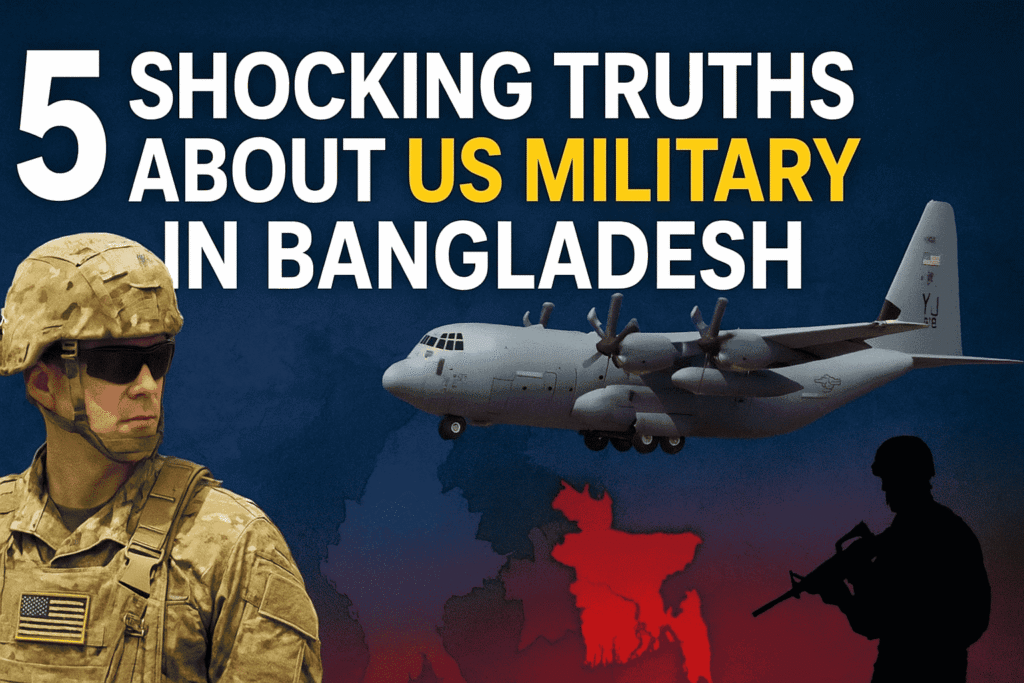
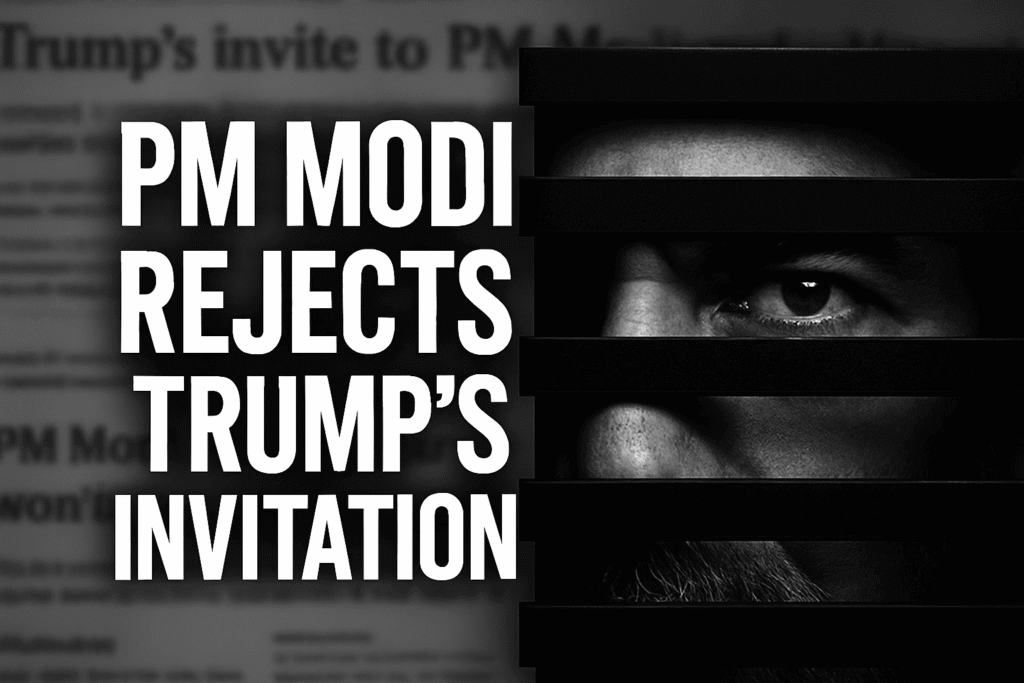
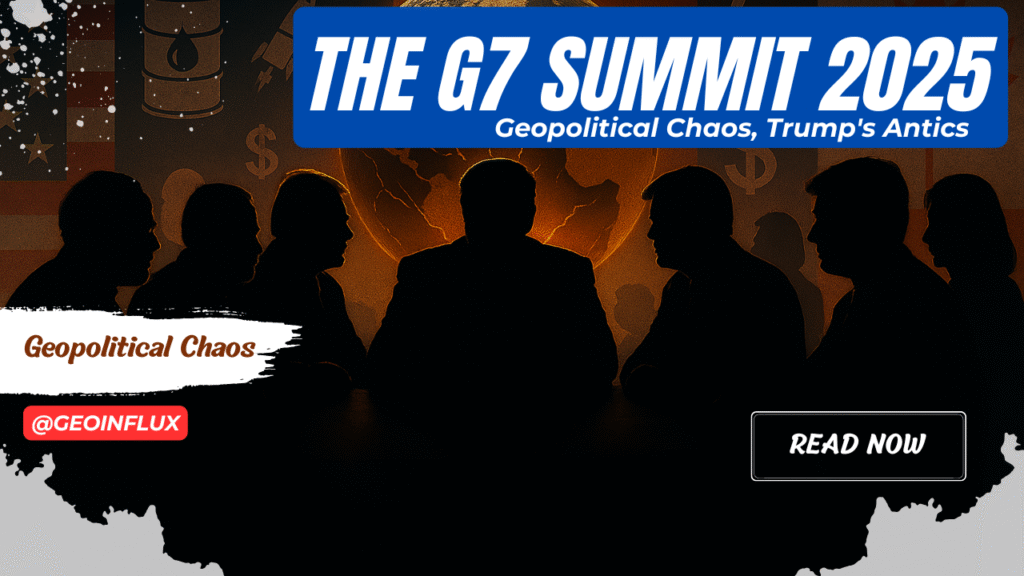
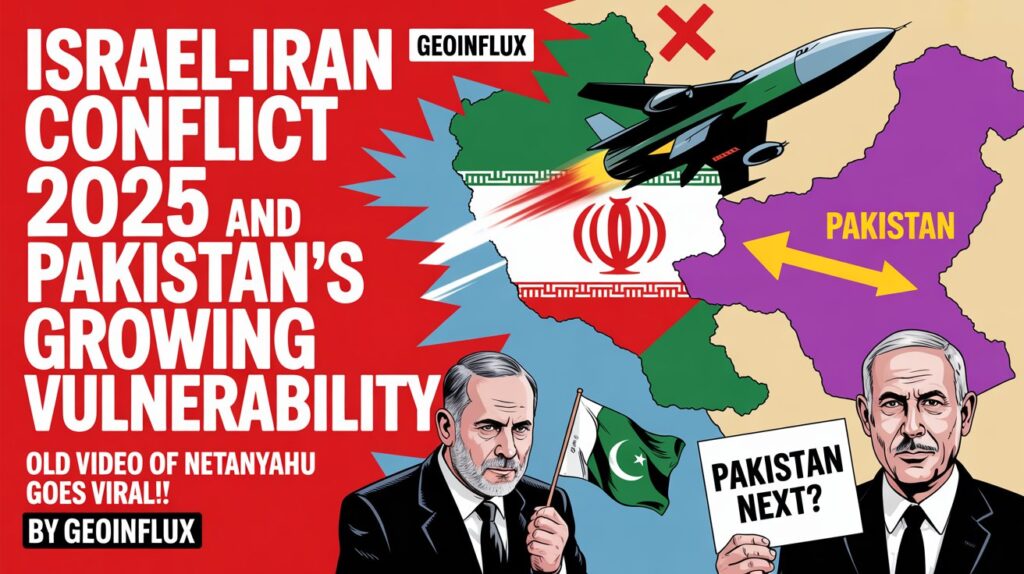
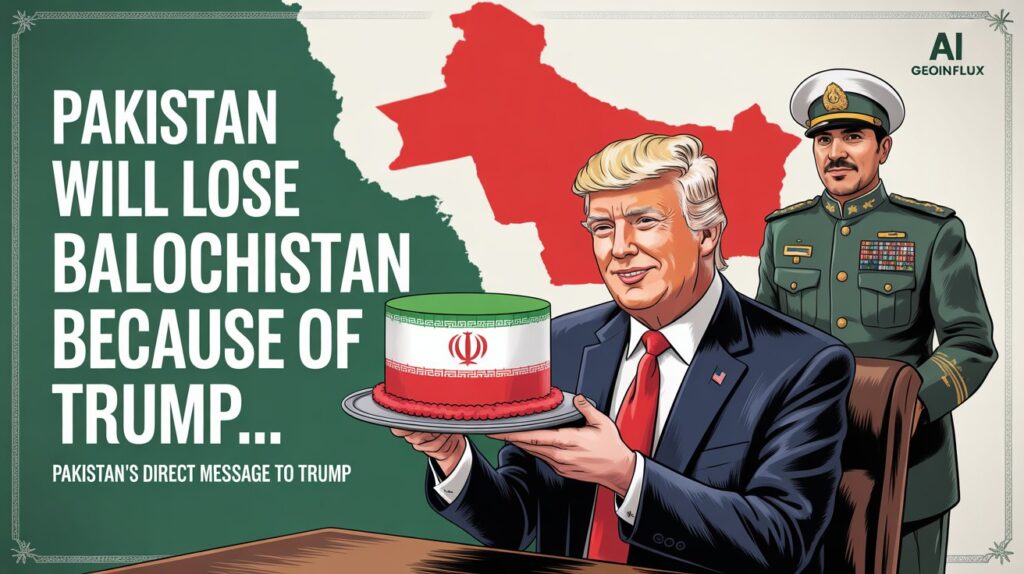
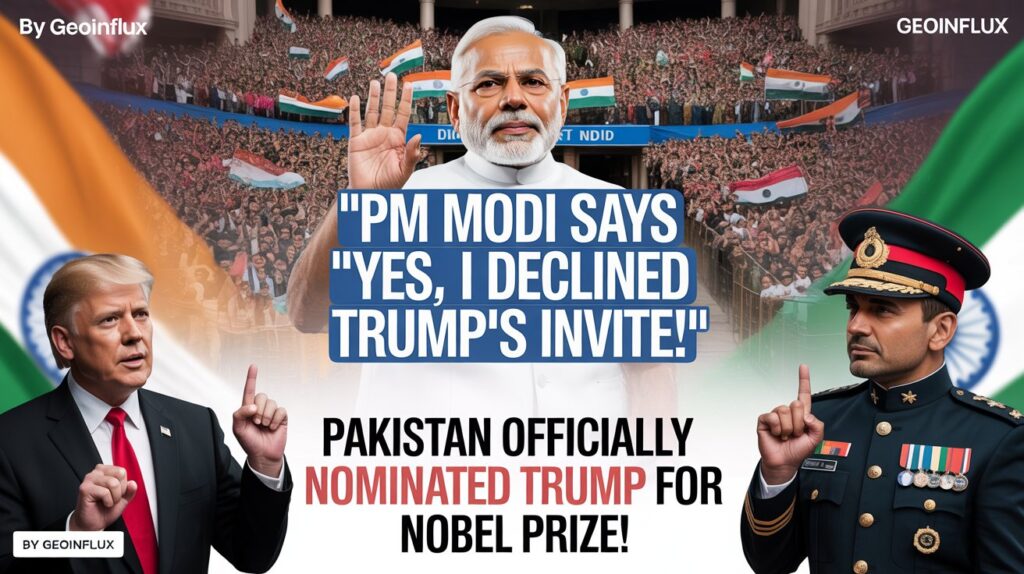
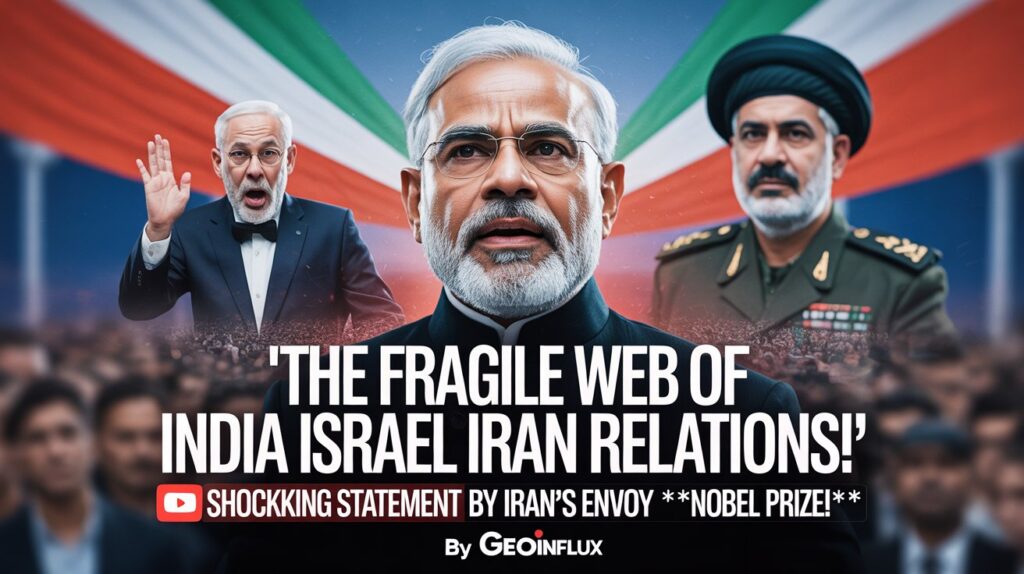
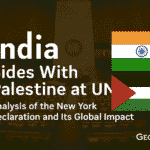
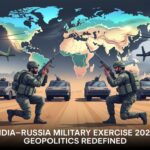
I like this site its a master peace ! Glad I found this on google .